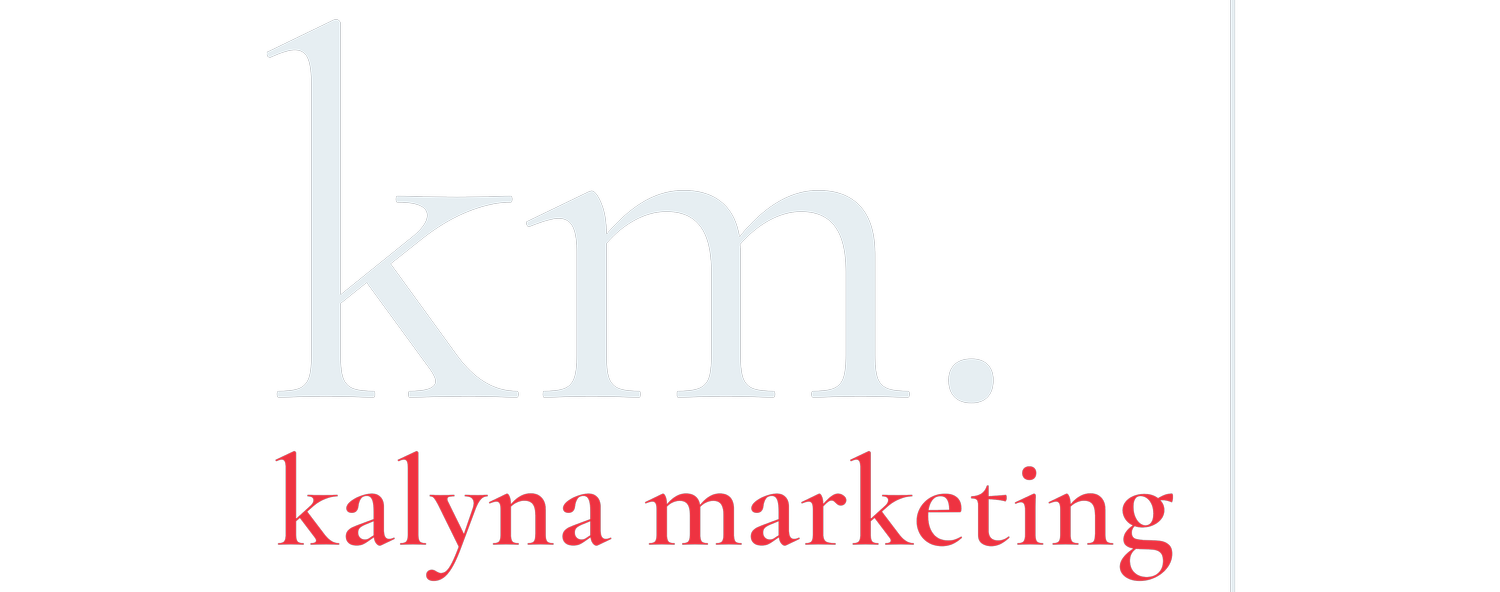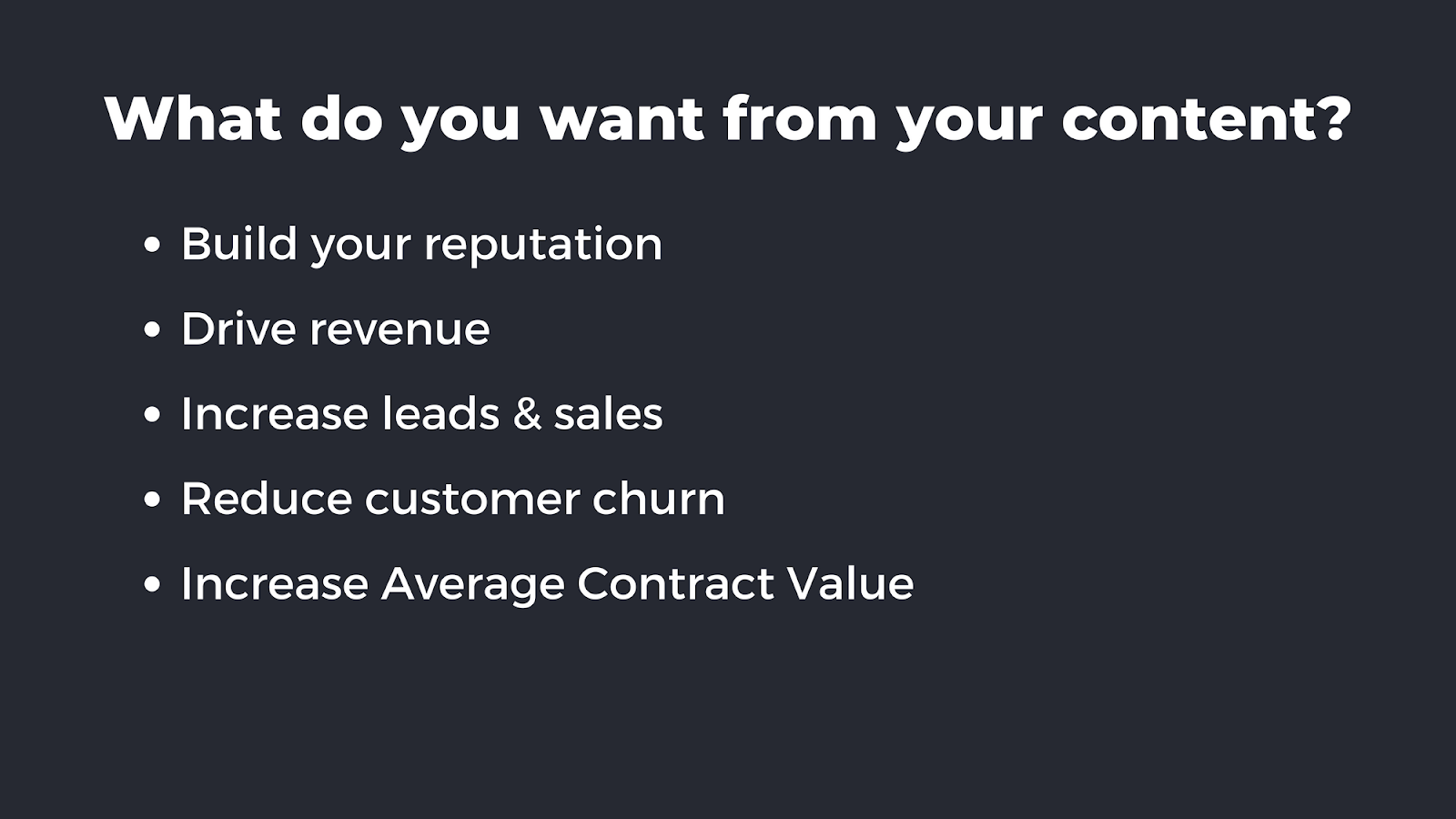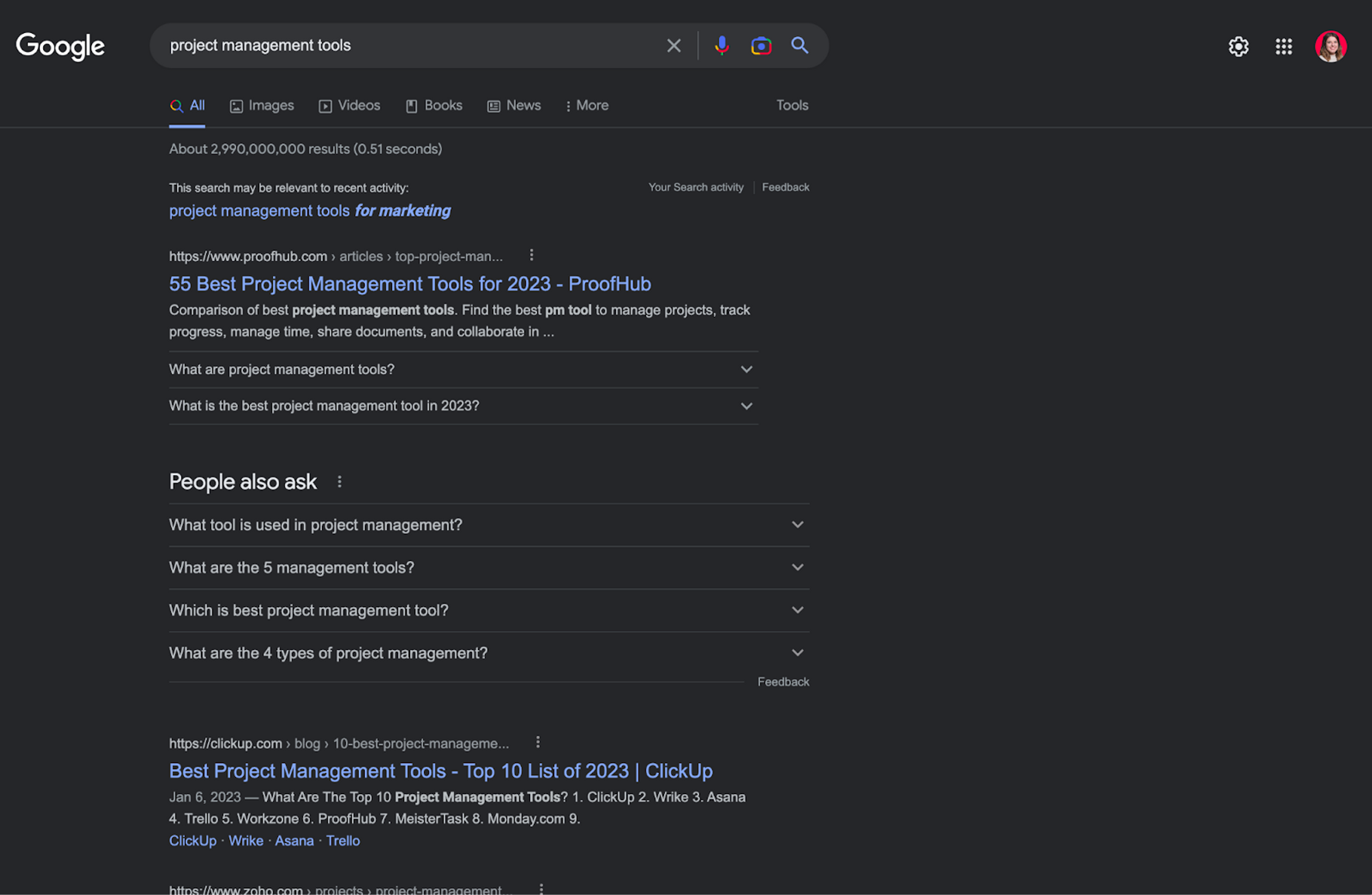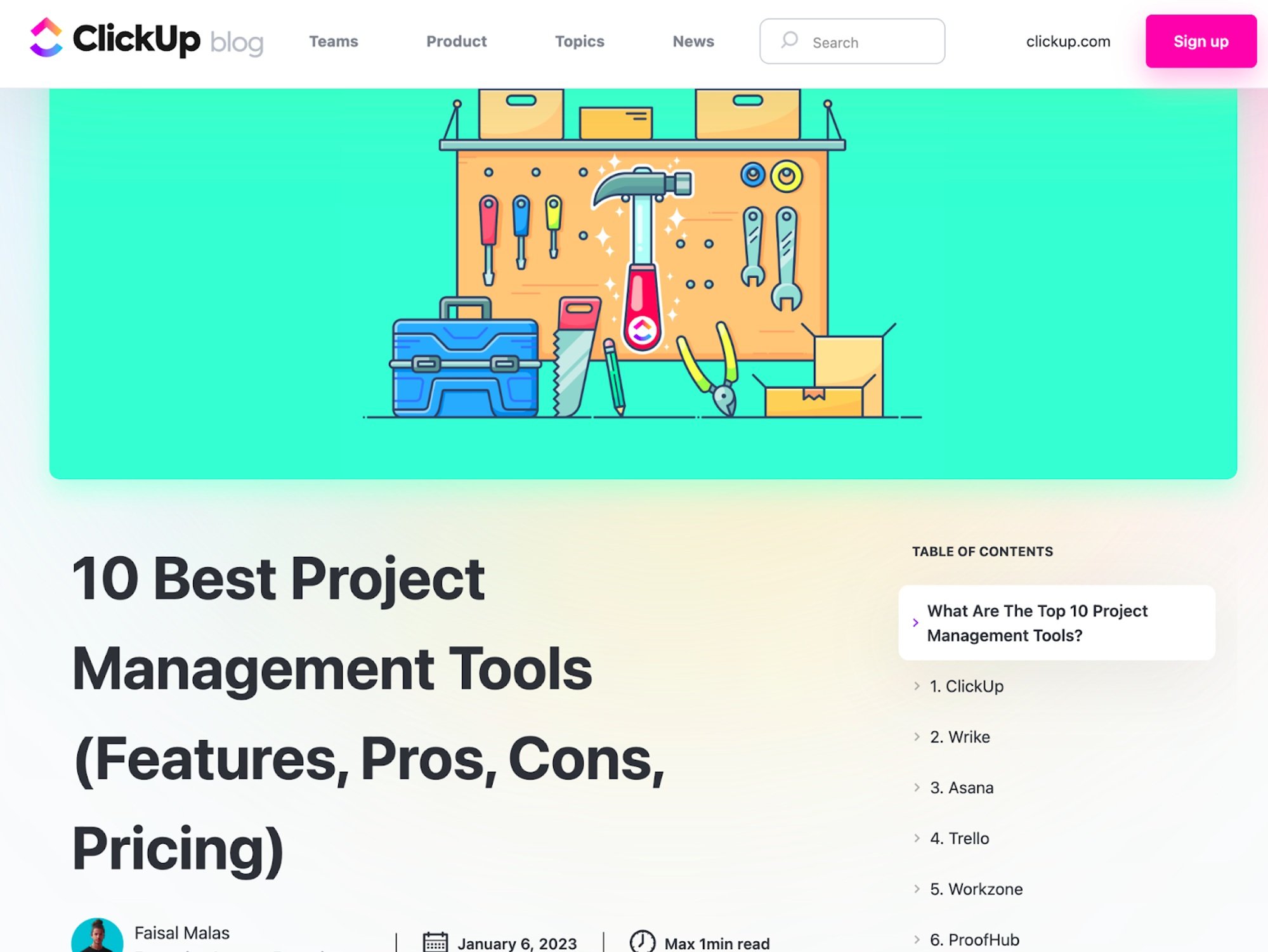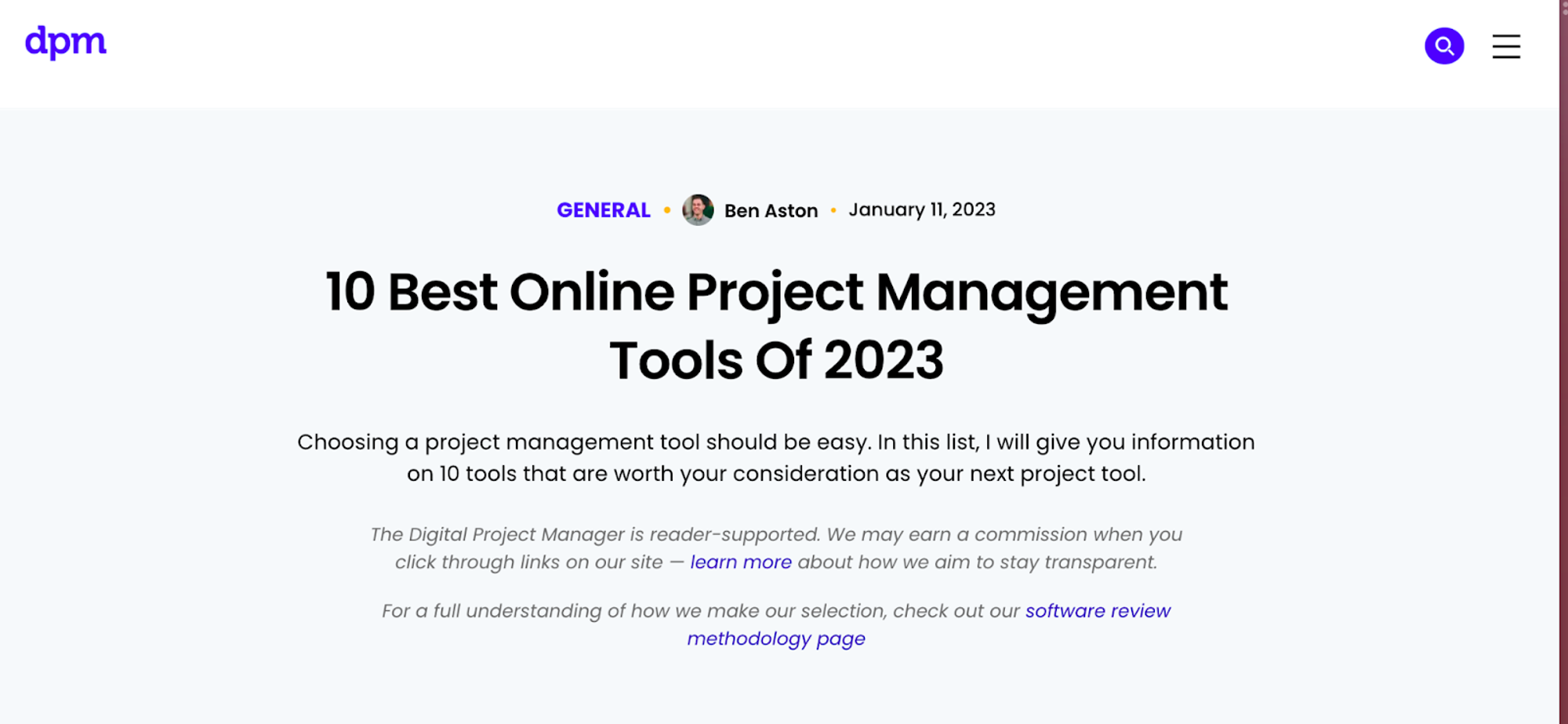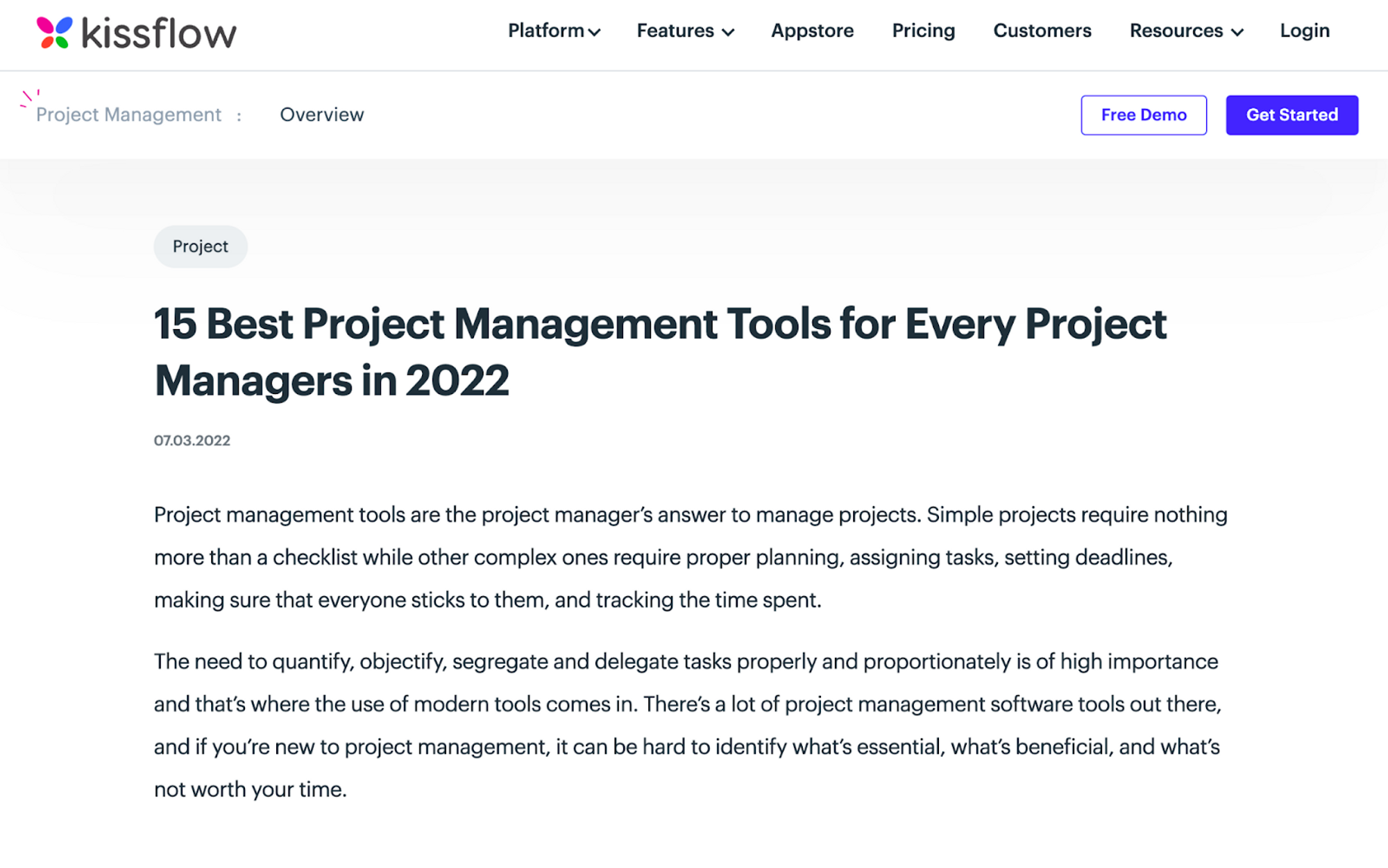What IS “Quality Content”? Dispelling Content Marketing Myths
Defining “quality content” is much harder than it appears.
Marketers are only hyped about generative AI tools like ChatGPT because most of us haven’t been trained to understand what “quality” actually means in regards to content.
Let me take you back a few weeks.
On one morning, I attended two back-to-back marketing webinars about creating better content.
The first covered AI tools, how marketers can use them, and ChatGPT's key features. It also went into what ChatGPT integrates with but didn't explain when to use it, where, or why.
The second webinar was hosted by two experienced marketers (Devin Bramhall and Ashley Faus) who discussed the concept of quality in content in terms of some common pitfalls.
In that second discussion, Devin and Ashley shared the observation that when trying to scale a content program, performance often becomes less about quality and more about standards and processes for their own sake.
When rubrics for writing and editing become the authority, the process becomes more highly regarded than the result.
Herein lies a current trend with cheap content and obsessions with tools like ChatGPT: People are losing sight of why they are doing this thing called marketing in the first place.
The point is, and always has been, to create fun content that delivers value to your desired target audience.
Video Version of This Post
If you prefer watching a video over reading a long-form blog post, you can watch me discuss the same points using this link:
Is Your Content Actually Doing Its Job?
In the Content Marketing Institute’s most recent annual report, the majority of B2B marketers (56%) claim that their organization’s content marketing efforts were only “moderately successful” throughout 2022.
Additionally, marketers whose content stood apart from their competitors state that they focused on:
Producing higher quality content
Covering unique topics and stories
Taking time to actively promote content (beyond publishing and forgetting).
Regardless of specific goals, the objective of most marketing teams remains the same: quality content must deliver value to both the user engaging with it and the brand producing it.
Some examples of goals that you might have for your marketing content.
Is There An Advantage to Creating Faster Content?
Here’s a question I have about all the AI buzz floating around:
Does ChatGPT actually save time and resources? Does it generate better output than human-created content?
To effectively service our clients, our team at Kalyna Marketing needs to create nuanced content that appeals to specific audiences in a way that no one else is. That means we can't outsource that creative work to AI tools… because those tools would only produce generic, cookie-cutter pieces.
But, what if someone's not particularly good at writing? Doesn’t ChatGPT write better than the average non-professional writer? In these circumstances, isn’t ChatGPT good enough?
Even if you were publishing a timely piece, like a trendy news headline, how much more are you adding to the discussion if you're one of the first 5 articles published rather than the first 100?
"Your brand gets nothing out of tossing up organic content on the same day as a mass shooting, or invasion, or major political moment."
Whether it’s published in an hour or a week, your article is still timely. So, if you're going to "trend-jack," do the work that no one else is able or willing to do.
Can Cheap, Cookie-Cutter Content Make Money for Your Business?
Let's say you prompt ChatGPT to generate and optimize an article around a high-volume keyword, like "project management tools."
How unique do you think your content will be?
Every result on this Google search is the exact same type of listicle, drowning in a sea of sameness.
Here are some headlines (as of this post) found on Google's search engine result page for that exact keyword:
Each of these posts lists Monday.com as one of their chosen project management tools.
You can guess that the descriptions of Monday.com’s features follow the same trend as the headlines: generic, repetitive, surface-level content.
Now, let’s say you hire a writer for $0.05 / word or one of the many content writing mills (that pays roughly the same) to pump out a high volume of articles in a relatively short amount of time.
Whether your new writer is rewording headlines from the Google SERP or using AI tools to shortcut the job, you can expect roughly the same result.
The reason behind those mediocre pieces is simple:
When you give ChatGPT a prompt, it gathers information from various sources, and then produces an average response. Not only is it often factually incorrect, but you're giving (and getting) the same content as your competition.
When you are asking an underpaid writer to churn out blogs without providing them with any new resources or information, they are also going to look at the most accessible sources already out there and copy them as best as they can. They do not have the time, resources, or capacity to produce something new.
How far do you think your company will get with content that is neither higher in quality nor more unique?
Even if your content ranks in the top 10 Google results, or gains plenty of likes and followers, will you be surprised when your AI-generated content doesn’t convert traffic into customers?
What Is Quality Content?
Relationships drive business. Customers and clients want a face and a name. They also expect that your content is delivered in a consistent and authoritative way.
To market your business effectively, you need to gain and sustain attention.
Content that adheres too strictly to processes, KPIs, frameworks, and dashboards has forgotten the person on the other side.
Producing fresh content that achieves business goals requires that you stay flexible in your content strategy.
“Effective” content requires providing value both for your business and your audience.
One More Thing About Staying Adaptable
It's time to zoom out from the tools and refocus on what we're trying to accomplish, who we're talking to, and how.
When you deliver content in a way that no one else can, then you gain the relationships and the results you're looking for.
When you produce generic content, even if your metrics appear promising, the disconnect between your business and your clients will affect your bottom line down the road.
If you want to secure a lasting and thriving future for your organization, don't become dependent on a single tool. Focus on your clients and your readers… and stay flexible.
If you have questions about how Kalyna Marketing can build relationships with your audience and generate qualified leads for your business, you can ask us here.
Acknowledgments
Thank you to Jeffrey Lupo for helping me turn the YouTube video version of this piece into a written post.

